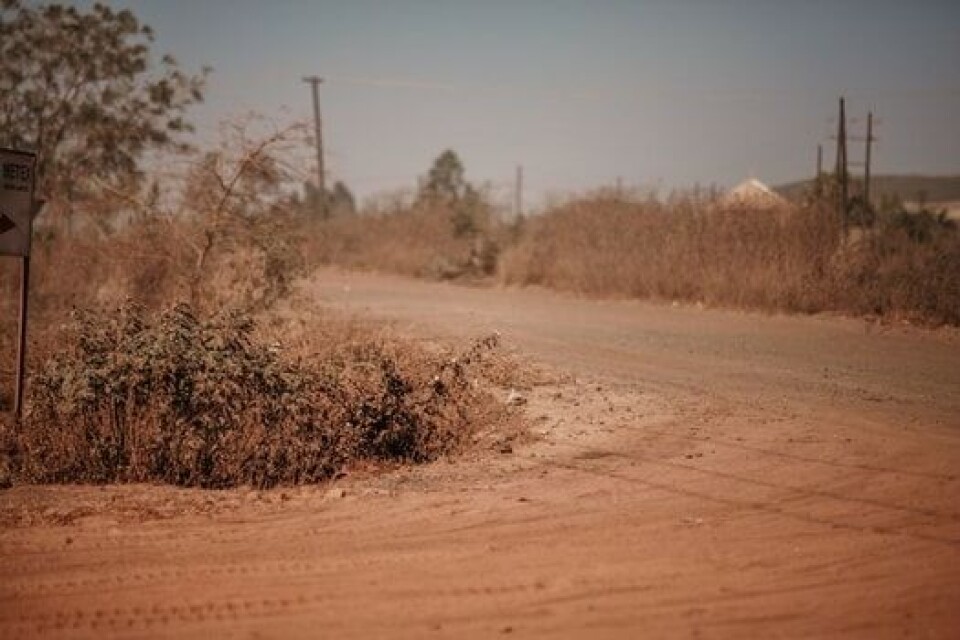Copyright : Re-publication of this article is authorised only in the following circumstances; the writer and Africa Legal are both recognised as the author and the website address www.africa-legal.com and original article link are back linked. Re-publication without both must be preauthorised by contacting editor@africa-legal.com
Zambian Class Action

Mining Giant Anglo America is facing a class action over the alleged lead poisoning of more than 100 000 people in the Kabwe District of Zambia. Tania Broughton reports.
Lawyers acting for the claimants said this week that the action had been filed in the Gauteng High Court in South Africa and was related to the period between 1924 and 1975 when the lead mine was partially owned by Anglo.
In a statement released by South African-based Mbuyisa Moleele and UK-based Leigh Day, they said the claimants were mainly young children suffering from “alarming levels of lead poisoning which had led to psychological, intellectual, behavioural and physical damages”.
“In pregnant women, lead they ingested as children is absorbed into their bones and released during pregnancy. Lead is known to cross the placenta, resulting in the unborn child being subjected to the same concentrations of lead as the mother,” the statement read.
The action states that “generations of children” have been poisoned by widespread contamination of soil, dust and water in the vicinity of the lead mine.
Apart from seeking compensation for the victims, the class action also seeks to have blood lead screening measures established for children and pregnant women in the area and for an environmental scrub.
The matter has not been set down for hearing yet and will most certainly be opposed by the mining company.
Last year, when news of the pending class action was made public, Anglo said that it was not the majority shareholder during the period in question.
The mine had also been nationalised by the Zambian government more than 40 years ago.
In an earlier press release, the attorneys for the claimants said the lead mine, which was in close proximity to villages comprising 230 000 residents, was the largest in the world until it closed in 1994.
“Tens of thousands of Kabwe residents are estimated to have developed high blood lead levels, mainly through ingestion of dust contaminated by emissions from the mine smelter and waste dumps. A series of published reports has found very high levels of lead in the blood of a substantial proportion of the local population, in particular very young children.”
They said they had been investigating the case for the past two years, consulting with local communities and had been instructed to act on behalf of about 200 children already treated for lead poisoning.
“The scale of this environmental health disaster has been evident for decades.
“The case will be brought in the South African courts where the head office company and proposed defendant, Anglo American South Africa Ltd, is based. It is alleged that from 1925 to 1974, Anglo American SA played a key role in the management of the medical, engineering and other technical services at the mine, and that it failed to take adequate steps to prevent lead poisoning of the local residents.”
To join Africa Legal's mailing list please click here
